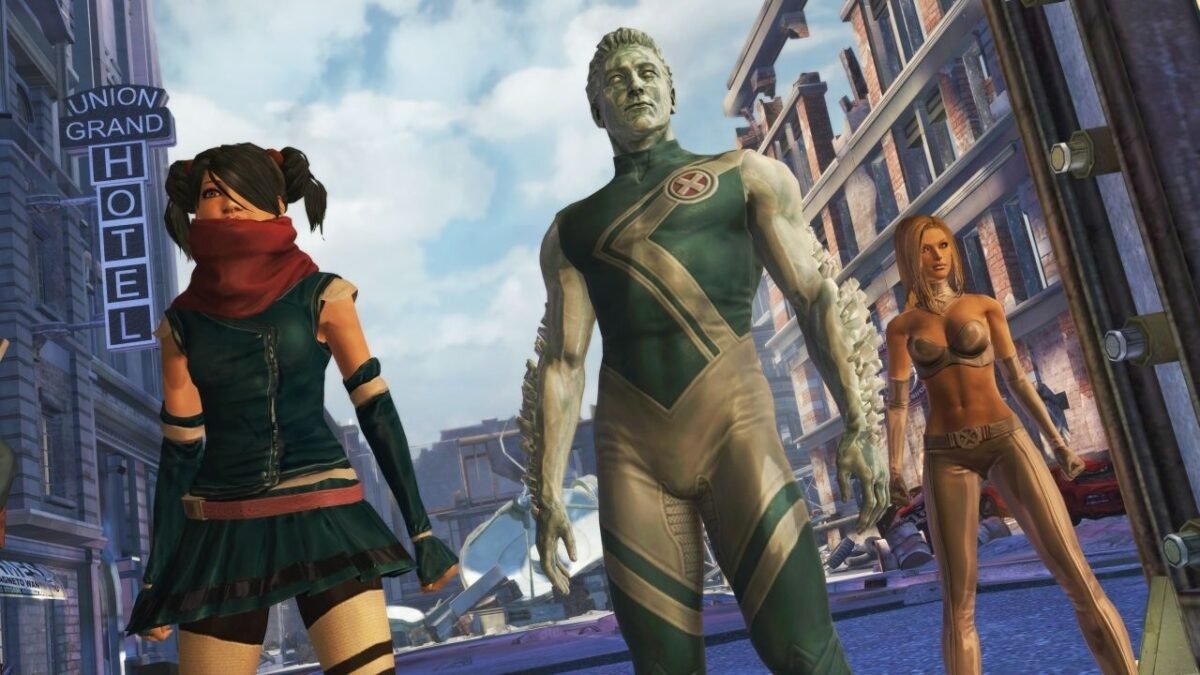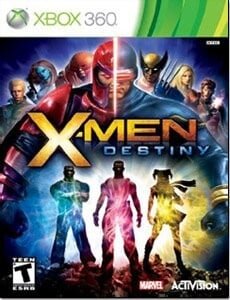X-Men: Destiny was a bit of a surprise when it was first announced. There hadn’t been a game based on the popular mutant team in years. The developer, Silicon Knights, had fared poorly with their previous title, the infamous Too Human, an Xbox 360 exclusive that met with mixed critical and worse commercial reception. So when it came out that the small Canadian developer was now taking on a BioWare-style action game with the ability to choose your own destiny as a new mutant stepping into the world of the X-Men, expectations were mixed at best. Unfortunately, that skeptical outlook has been completely justified.
Choose Your Fate
X-Men: Destiny, like Batman: Arkham City chooses to create its own continuity that is an amalgam of various elements from X-Men lore. In this story, partially written by famed comic scribe Mike Carey, Professor Xavier has been recently assassinated, the X-Men have fled to San Francisco, and it is while they are publicly endorsing a rally for human/mutant relations that an attack occurs that sets a conspiracy afoot. Players choose one of three characters, a Japanese refugee, an ignorant football jock, and the son of a martyred anti-mutant crusader, who come into their mutant powers as the attack begins. From there, players can choose to side with the X-Men or Brotherhood to unravel the causes behind the attack.
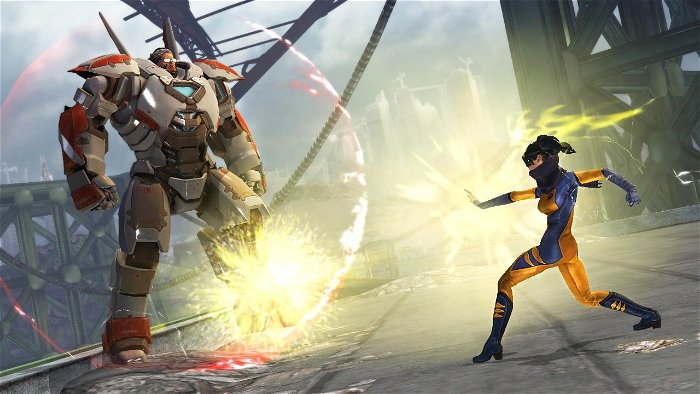
The story itself is conflicted and poorly paced at best, schizophrenic and dysfunctional at worst. While it was earlier publicized that Mike Carey participated in the narrative, it’s obvious that whatever style he might have lent to the project was largely jettisoned in favour of moving players from point A to point B as quickly as possible. That one new mutant, only just coming into their powers that afternoon, could be entrusted with the fate of mutant-kind when both the X-Men and Magneto’s brotherhood are out in full force is difficult to swallow.
Every once in a while, some genuinely interesting dialog and a semblance of a theme threaten to surface and make the material rise above its troubled foundation, only to get dashed by the needs of telling the player what they need to do next. It’s a running theme with X-Men: Destiny, but what seems to have promise in the story has been severely pruned out by a necessity to get this game shipped on time. The pacing and breathing room the story requires just isn’t there, and as a result it tends to pull the player out time and again.
In the visual department, things are not looking great. The kindest thing that can be said about X-Men: Destiny’s graphics are that they are clearly high definition, but that HD presentation more closely resembles a re-master of a last generation game. For consoles capable of putting out graphics like Gears of War 3 or Uncharted 3, the low-poly, more simplistic and obviously budget look of X-Men: Destiny underwhelms. Environments are bland and quickly suffer from repeating textures.
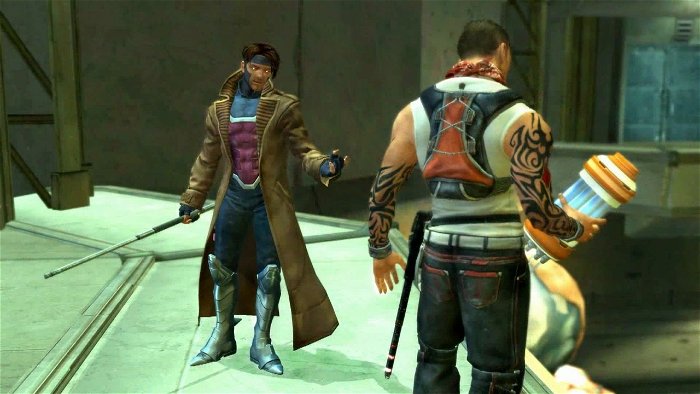
The art design misses the life and personality of more high profile games like Mass Effect 2 or God of War 3, with a lack of detail and complexity that once again is a clear giveaway of either little time or budget. The game also suffers from noticeable drops in frame rate, both in-game and during real-time cut-scenes, which can adversely affect gameplay depending on what you’re doing.
Out of all the aspects of presentation, it’s probably the sound that fares best. The voice acting in the game is competent, although the actual quality of the writing can very wildly. The music also falls into the serviceable category, although the complete track listing is fairly modest, and you’ll hear a lot repeating arrangements. The actual sound effects and soundscape are competent as well, though nothing particularly impressive for directional audio or excessive bass. It’s not bad, but it’s hardly demo material.
Choose Your Powers And Mash
Essentially, X-Men: Destiny is a third-person, God of War -tyle beat ‘em up with some very light RPG elements for the upgrading of powers and abilities. However, where other games like God of War and Bayonetta have gone above and beyond, providing a wide variety of enemies, diverse locales, and some meaningful ability upgrades that can drastically affect your playstyle with a good range of non-combat related activities to keep the pace varied, X-Men: Destiny seems to follow a checklist of gameplay elements and calls it day when those elements are just barely achieved.
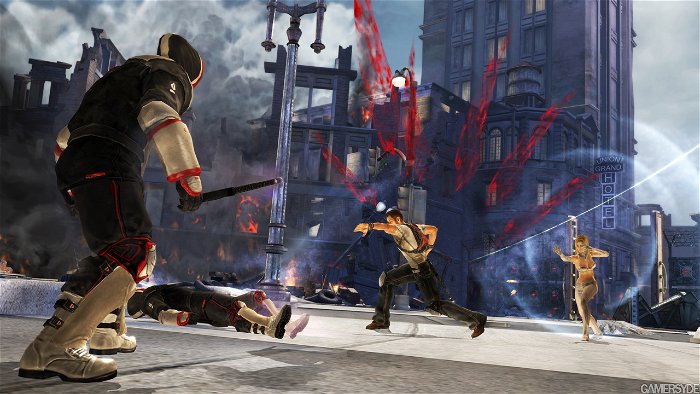
There’s combat, yes, but it’s slow and unresponsive, with fairly clunky controls that don’t make the game more difficult to play; they simply make the action less hectic and intense. Players can choose from three different power-sets that vary somewhat in secondary powers, but all have the same basic move-set; one that players really have very little reason not to spam once they realize the square, square, square, triangle combo will serve almost all their needs for the entirety of the game.
There’s also a distinct lack of enemy variety, and certainly nothing along the likes of Bayonetta’s various angels that required unique strategies in order to defeat. Once again, as long you stick with a single combo, almost any foe in the game can be readily defeated.
Like other third-person brawlers, X-Men: Destiny is all about fighting waves of enemies in confined spaces, but aside from the occasional bout of platforming, does nothing to alleviate the repetitive nature of its combat. Where other games might throw in some puzzles, some navigation, or even just some exploration to break up the rhythm of its main game component, players here will only very occasionally do some climbing before being thrown into yet another arena with the same enemies.
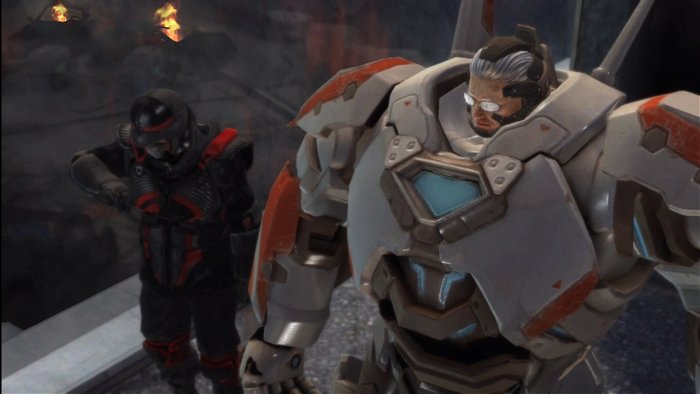
Even the side-missions, which are usually a game’s opportunity to mix things up with some optional activities, still relegate players to fighting the same enemies in the same blandly-designed locales. Silicon Knights badly needed more time to design more enemies, conceive different strategies, and come up with more varied activities. Instead, once they got their combat engine up and running, it feels like they cranked out some arenas as quickly as possible and sent the game off for bug testing. Chugging framerate aside, there’s nothing inherently broken about the game design, or the game mechanics. They work, but they do little actually to entertain beyond that.
But perhaps the biggest disappointment is the much vaunted choice that was advertised in early trailers. Where BioWare forces players into situations where choices are irrevocable—and occasionally shocking—Silicon Knights has neutered their own experience. Choices for abilities tend to have little impact, unlike Deus Ex: Human Revolution where preferred playstyles had drastic effects on how different players approached a situation.
And the choice of aligning with either the X-Men or the Brotherhood has little impact on the main missions, with Silicon Knights offering players a last-ditch chance to change their minds at the end of the game, undoing whatever faction loyalty they’d been steadily building up in the meantime. By the time players reach the end—at which point the cut-scene will reflect one of only two true choices—the past decisions will have made have had so little impact that it’s hard to care.
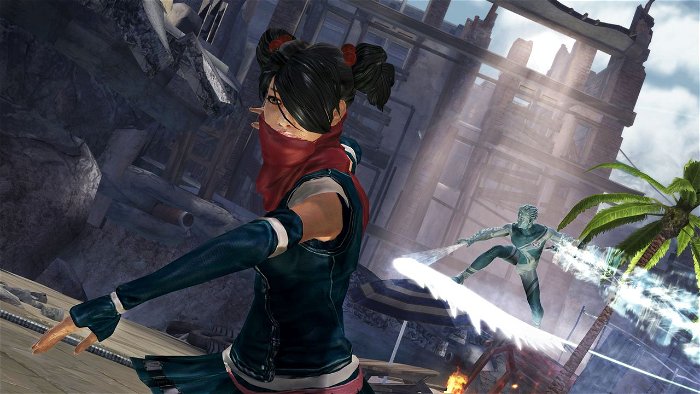
This is the real tragedy of the game. Everything that has been criticized, the repetitive nature, the poor pacing, the clunky controls, the story, the choices with little consequence… all of this could have been avoided if Silicon Knights had simply delayed the game for up to a year and polished the hell out of it.
This is the same company that created Eternal Darkness, a game rife with innovation and interesting ways to explore narrative in games, so it’s surprising to see a game with such obvious budgetary limitations get kicked out the door with the Silicon Knights name attached. They’re capable of doing far better than this, they just need the time and the budget to prove it.
Instead, what players ultimately get is a bland game, with little to engage in when compared to what else is on the market. Its one saving grace, the use of the X-Men license, will probably be enough to pull in the die-hard X-Men fans that want a fix regardless of quality. But for people who are looking for overall value in their purchase of a $60 game, X-Men: Destiny is best avoided.
For an example of a polished beat ‘em up, it’s better to look at multi-platform titles like Bayonetta or Vanquish, and for games with more meaningful choice the BioWare franchises like Mass Effect and Dragon Age do a far better job. X-Men: Destiny is a functional game that meets its checklist of gameplay elements, but doesn’t care about whether those elements are actually fun to play or not. If you get a thrill out of being asked to do a job for Gambit, that might be reason enough to get the game. If you’re looking for gaming experience worth your dollars, this is not it.
